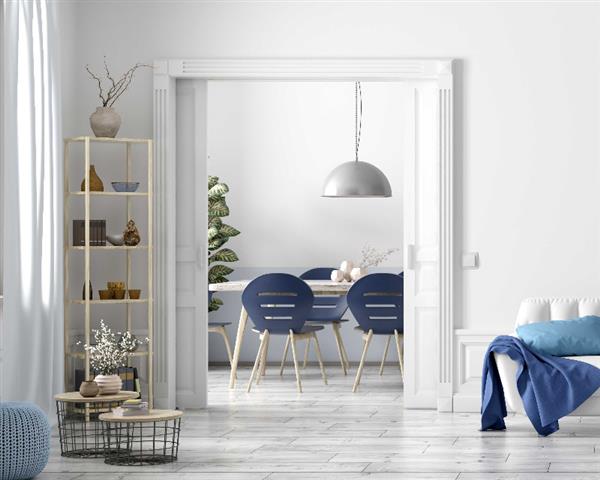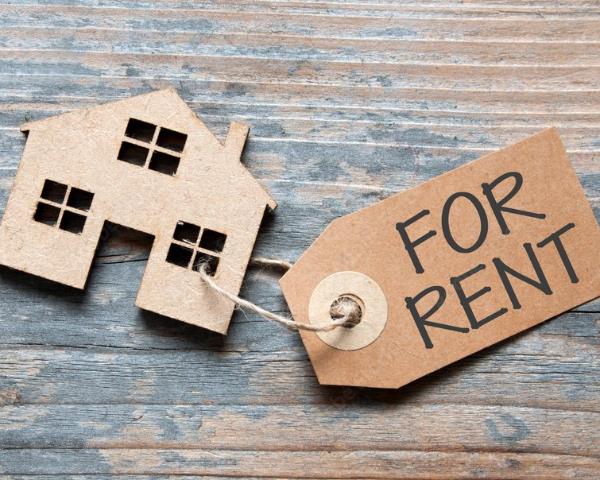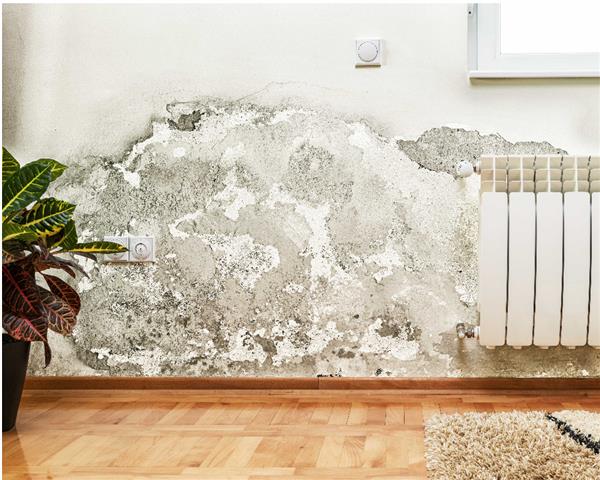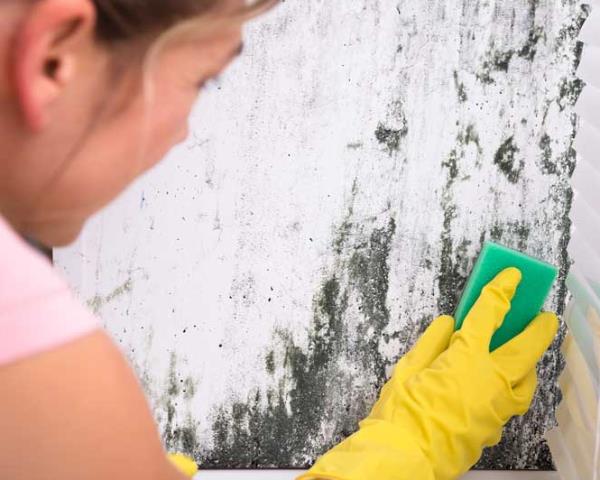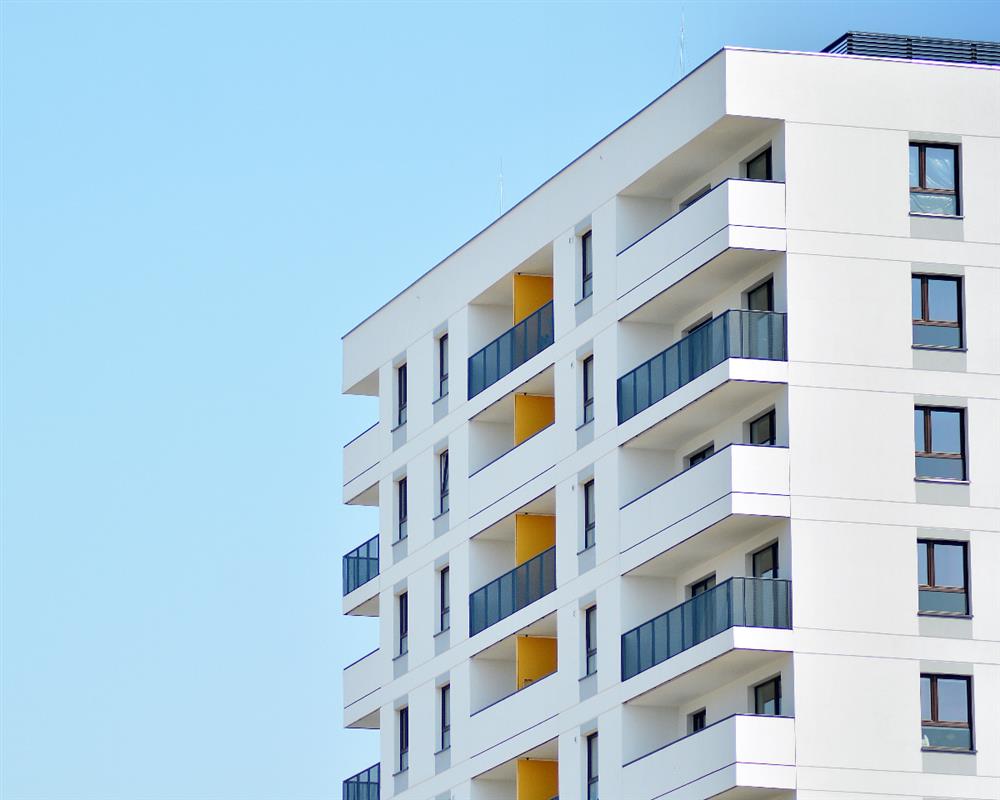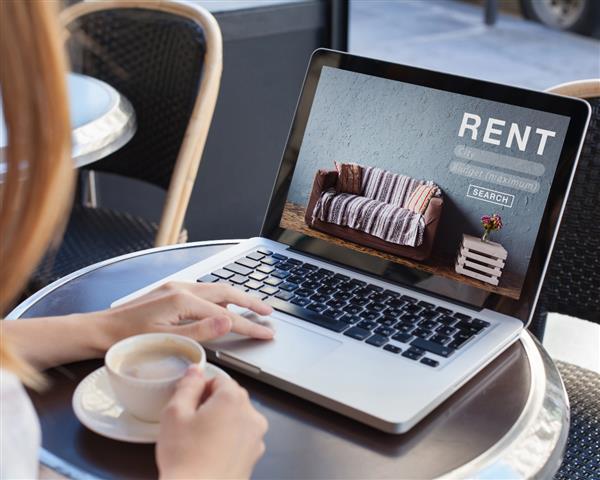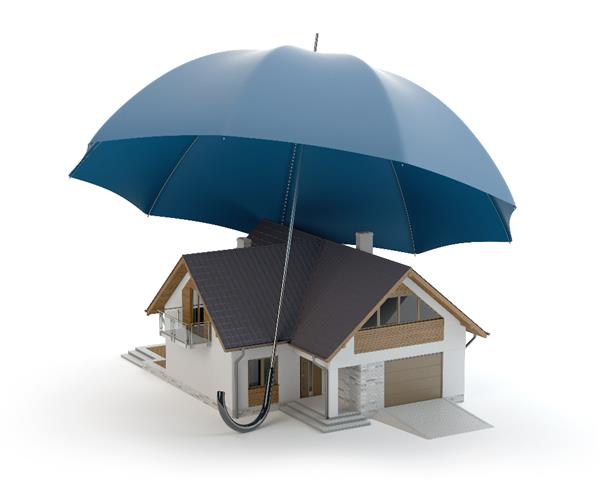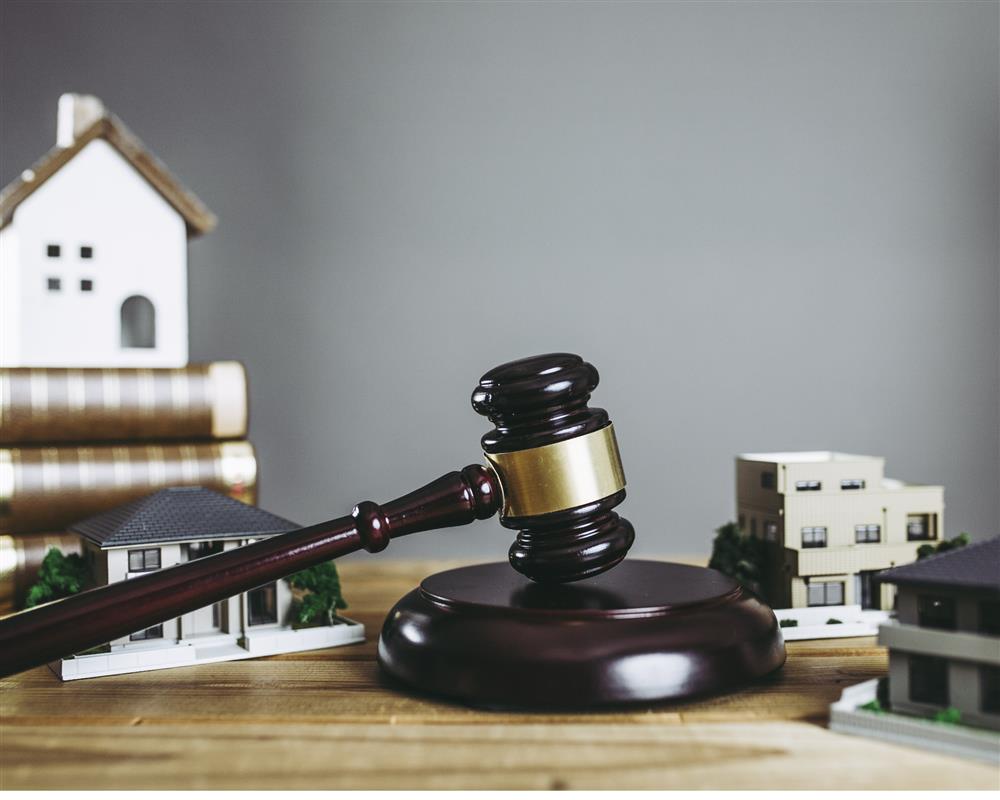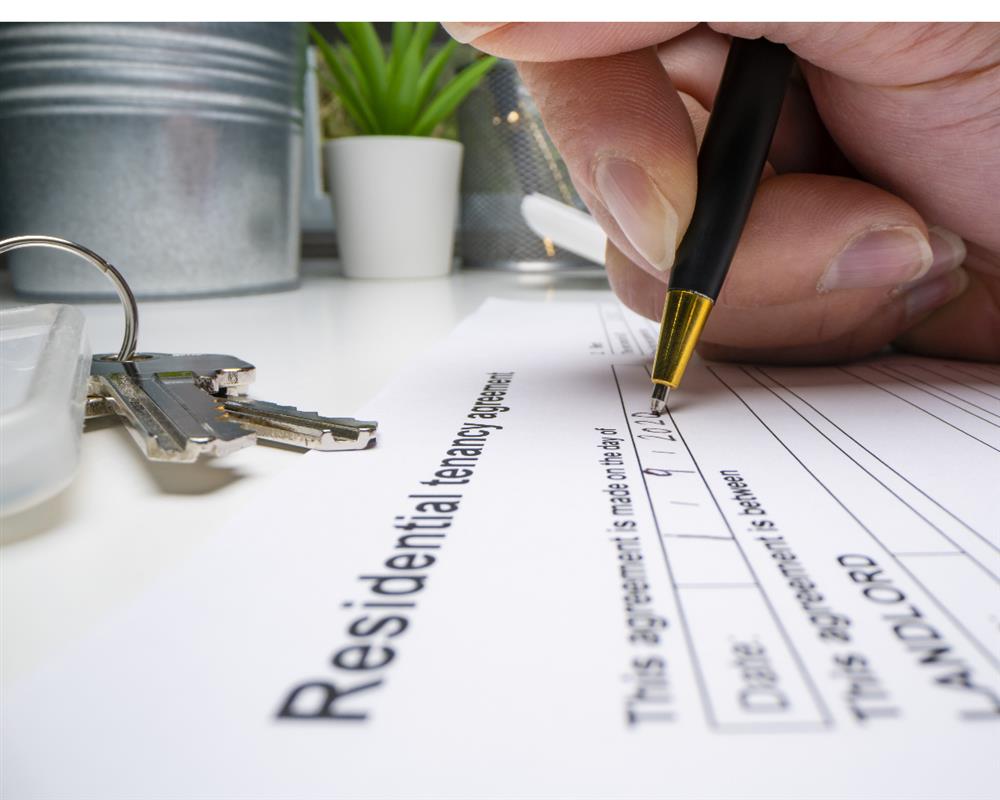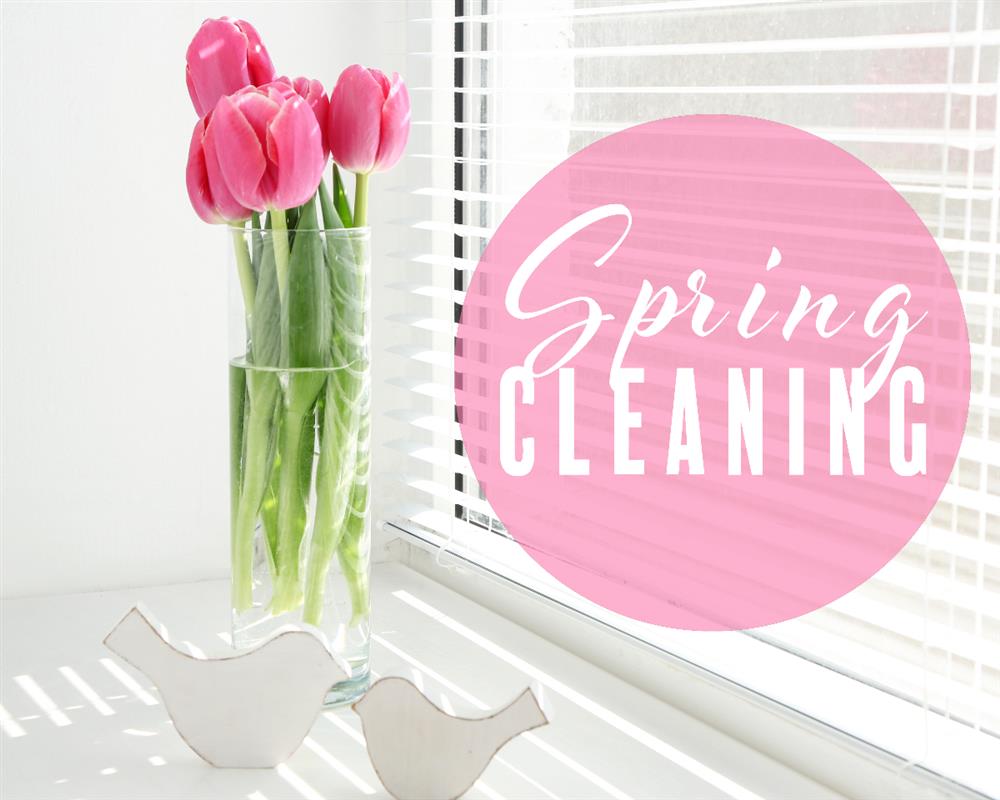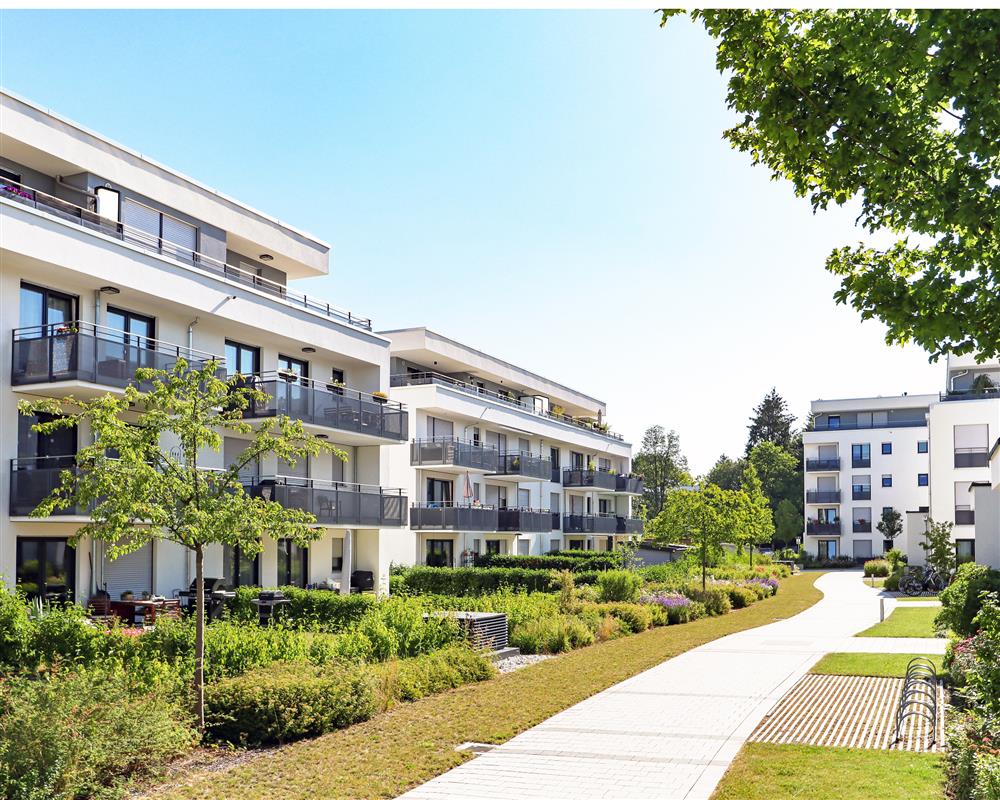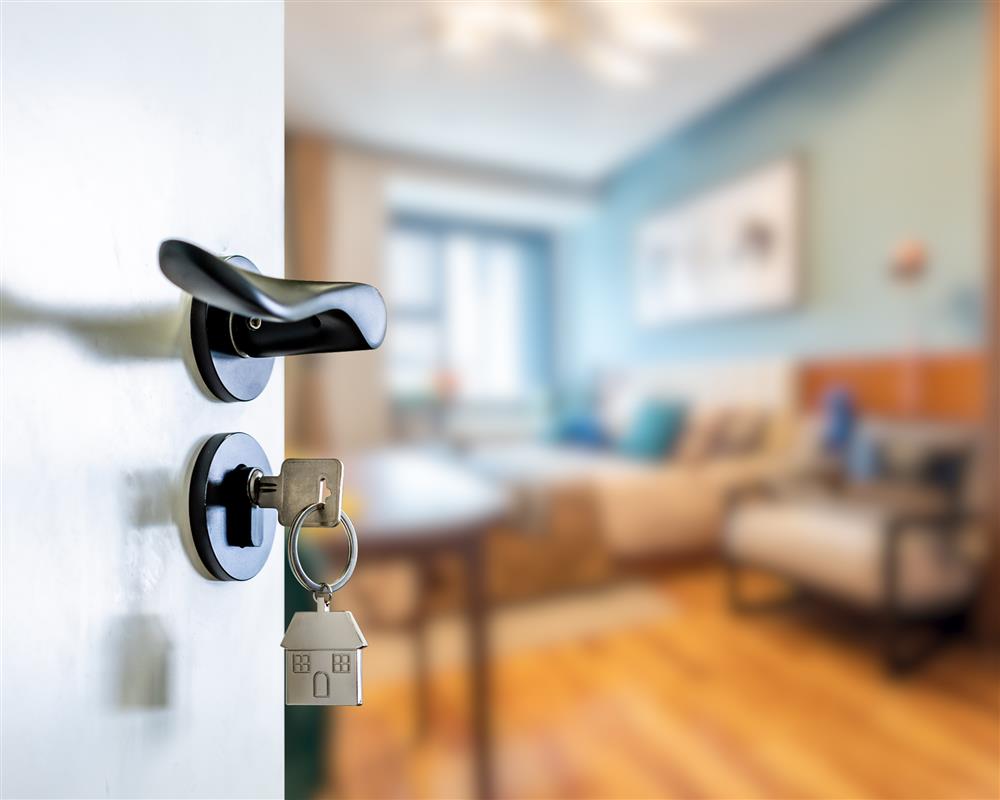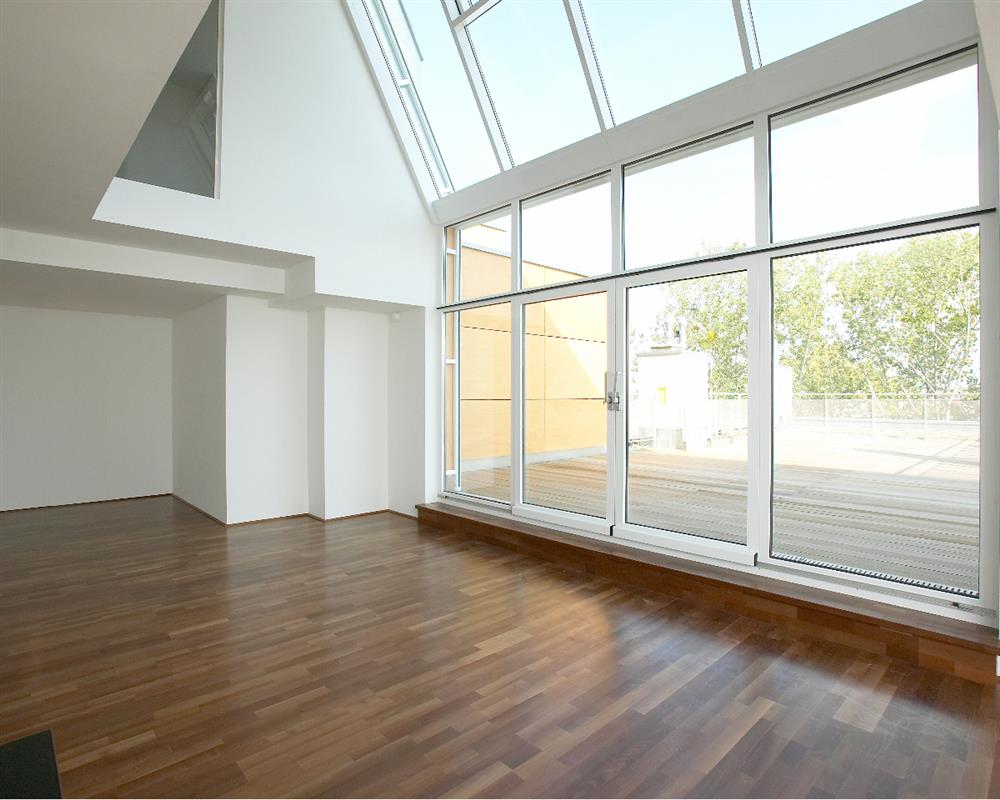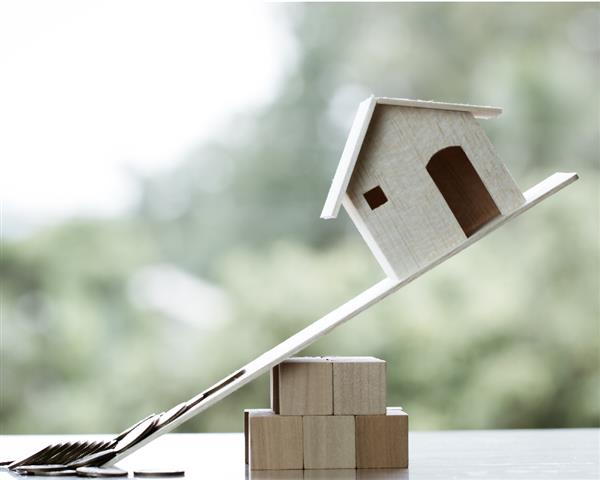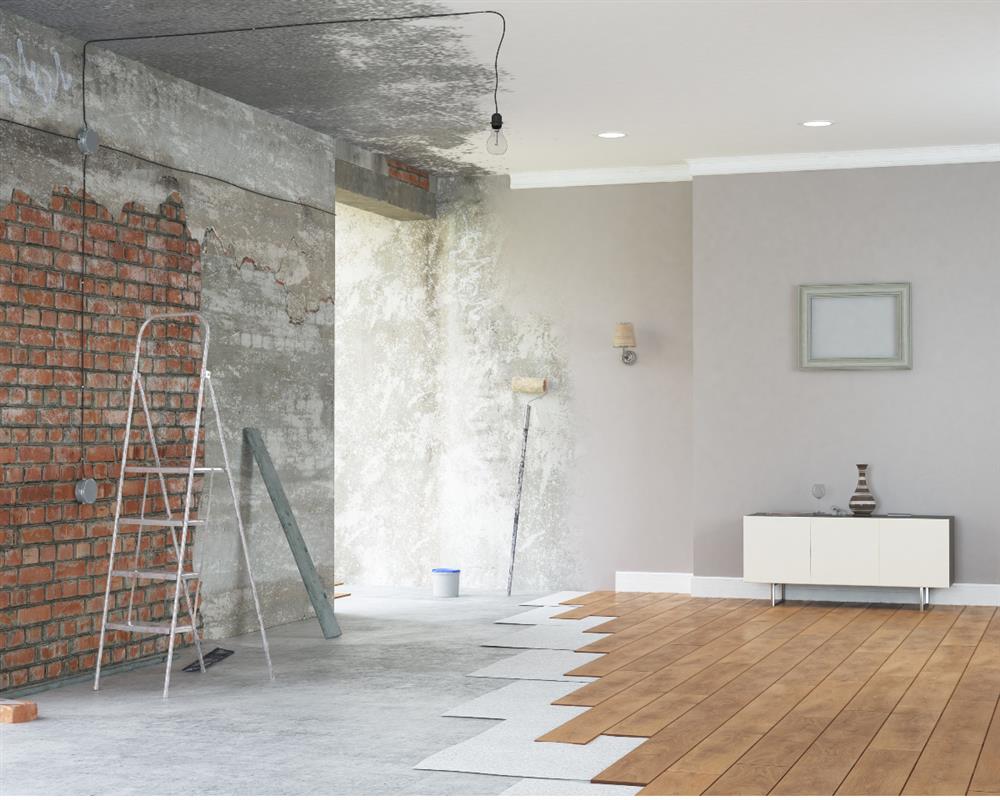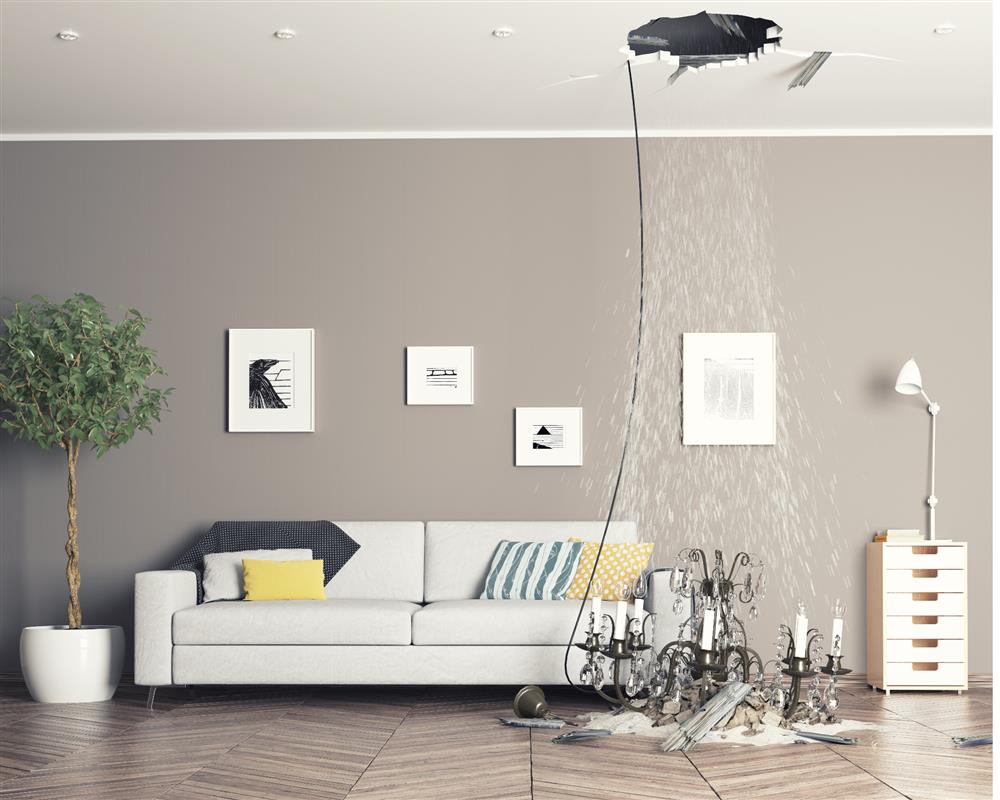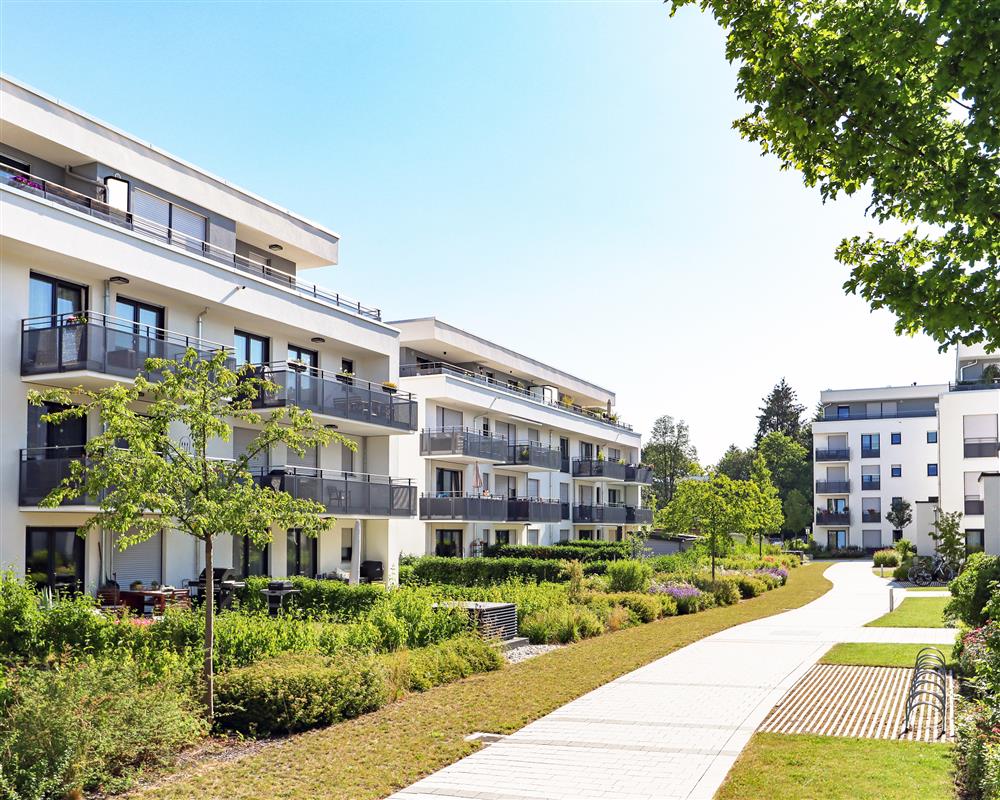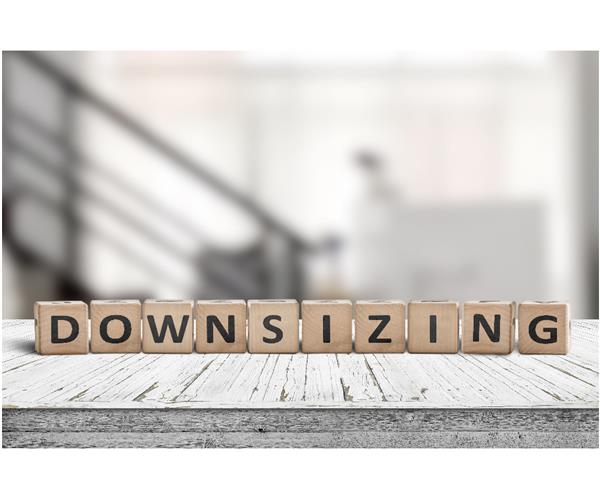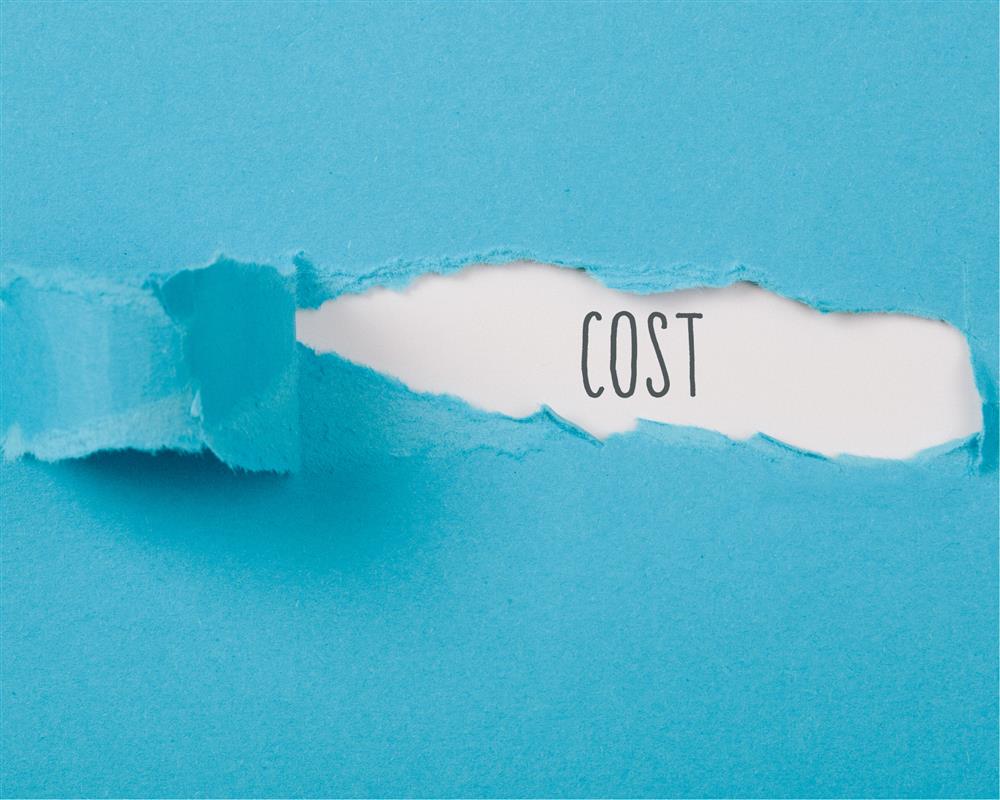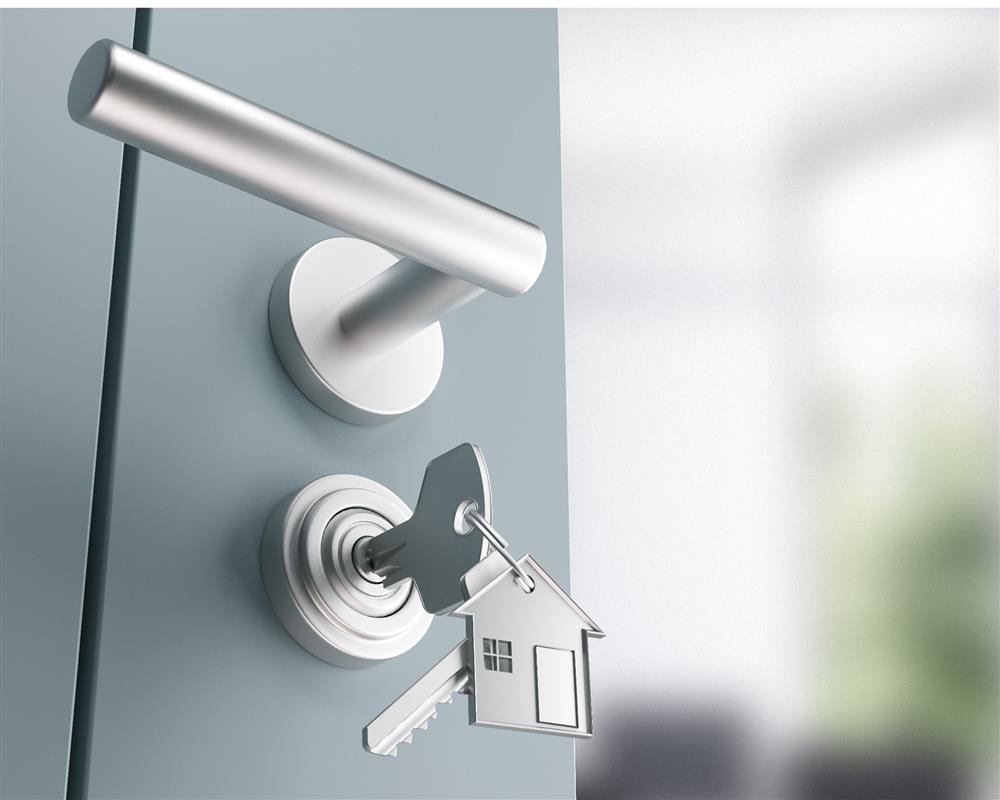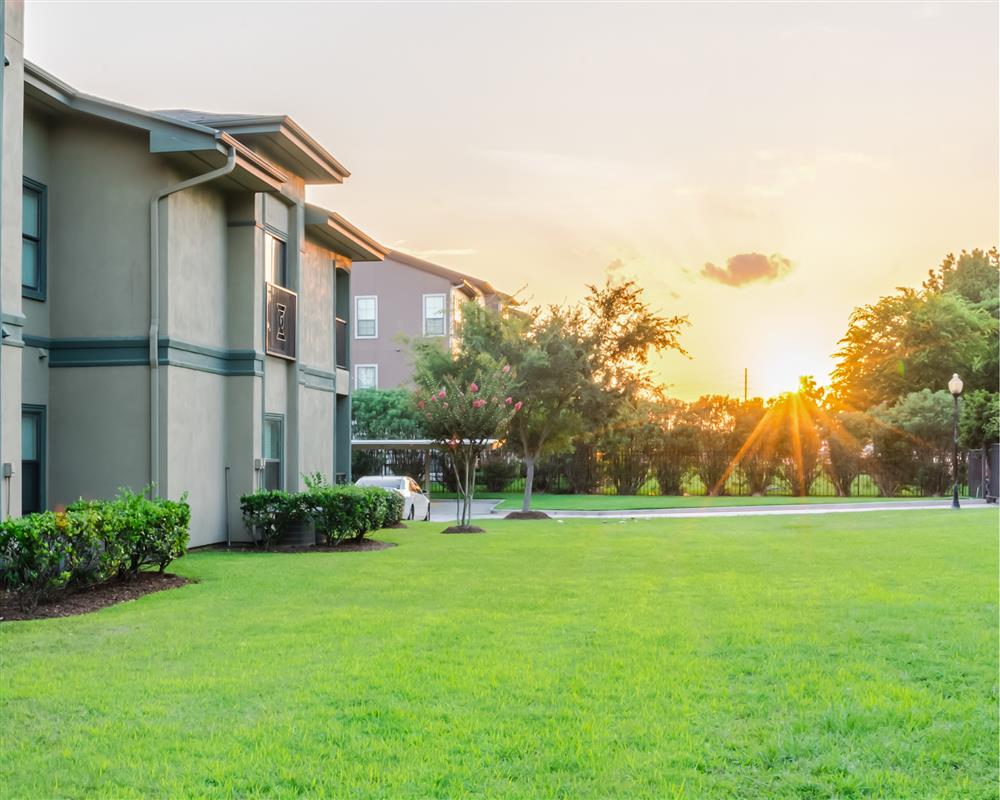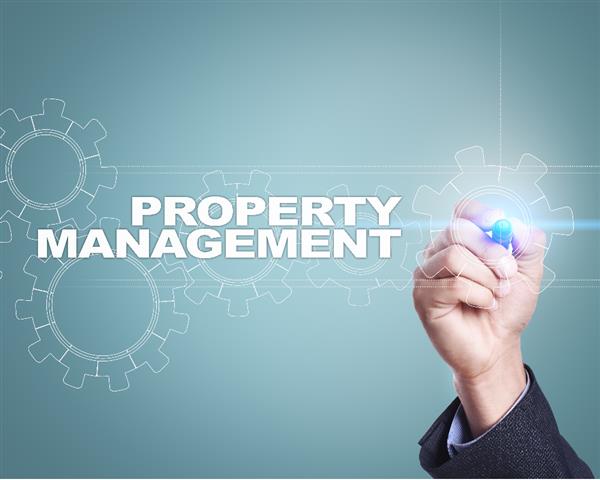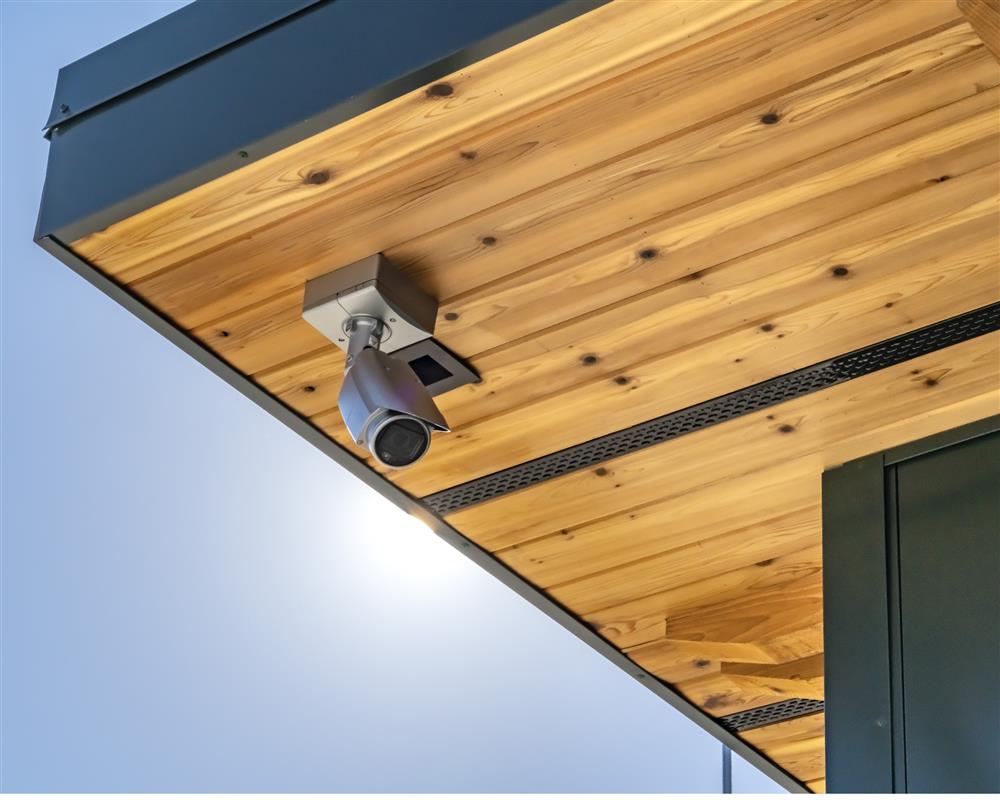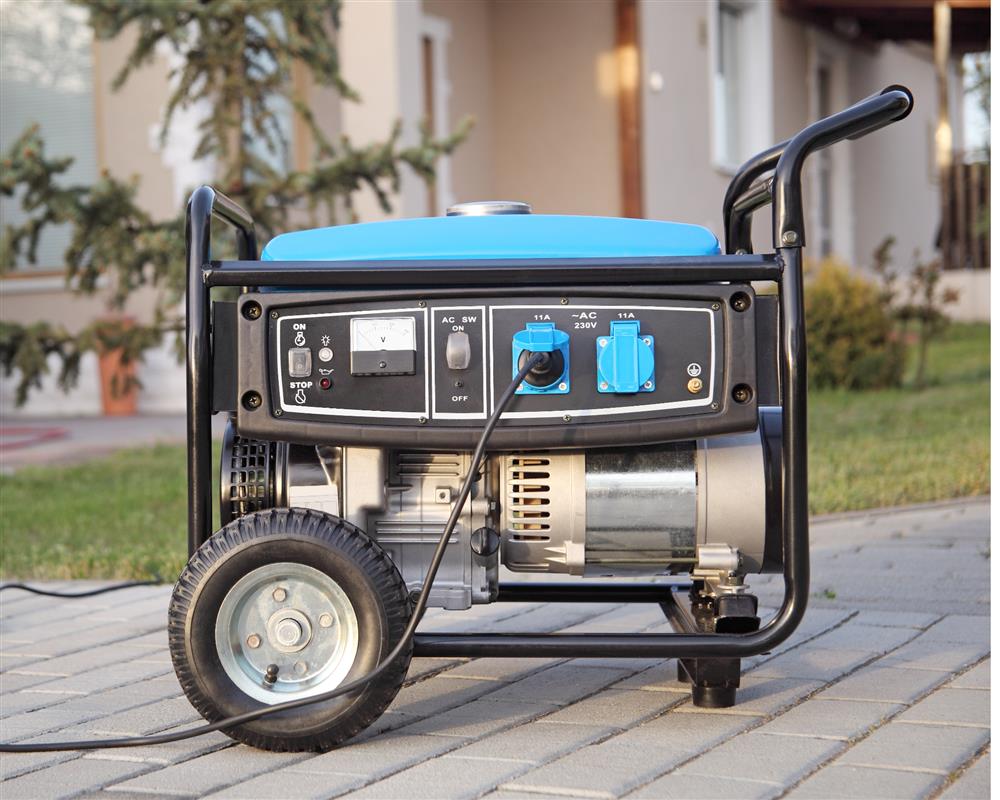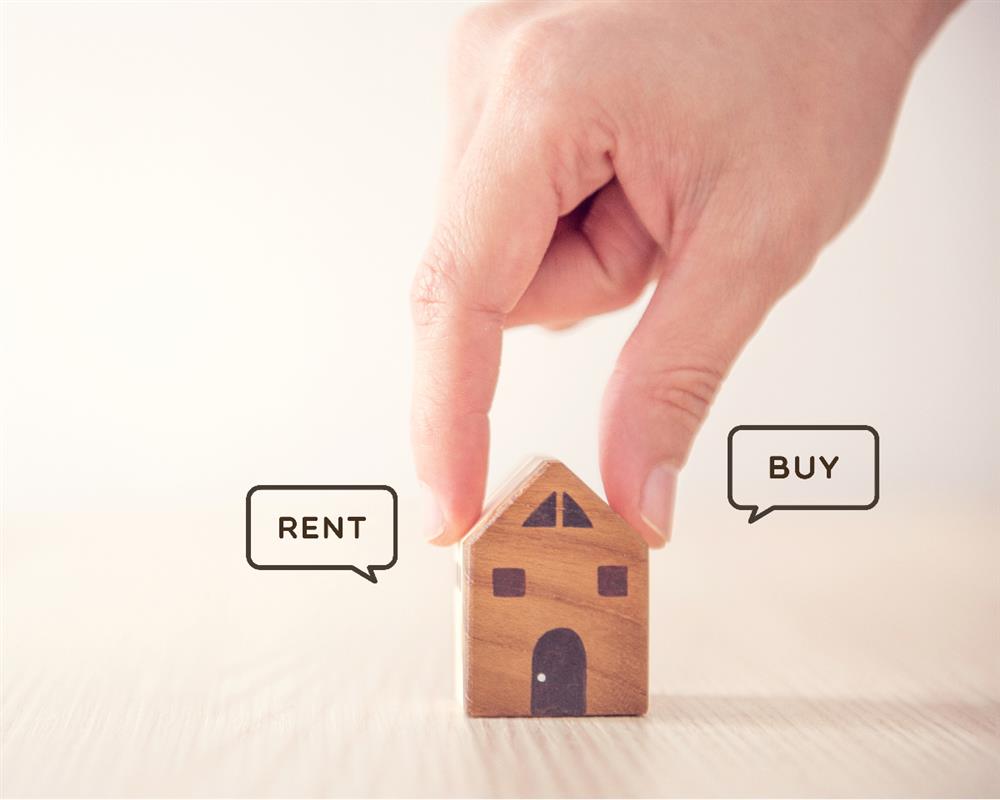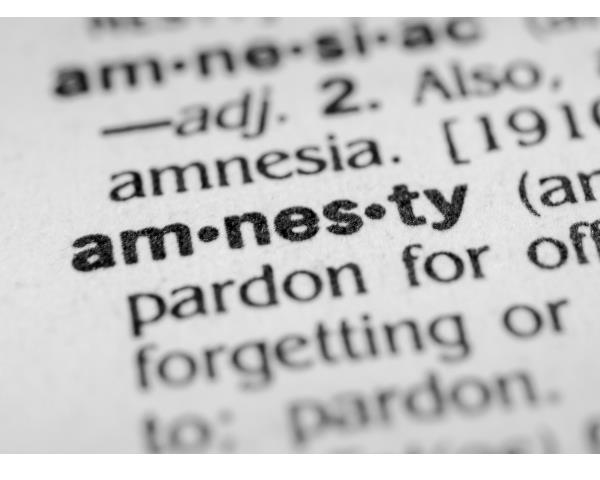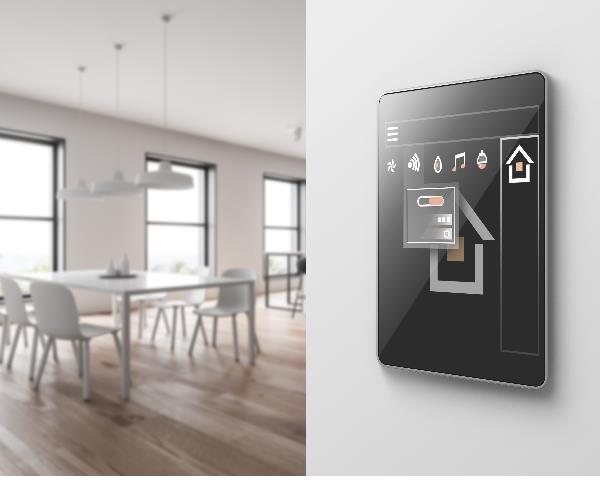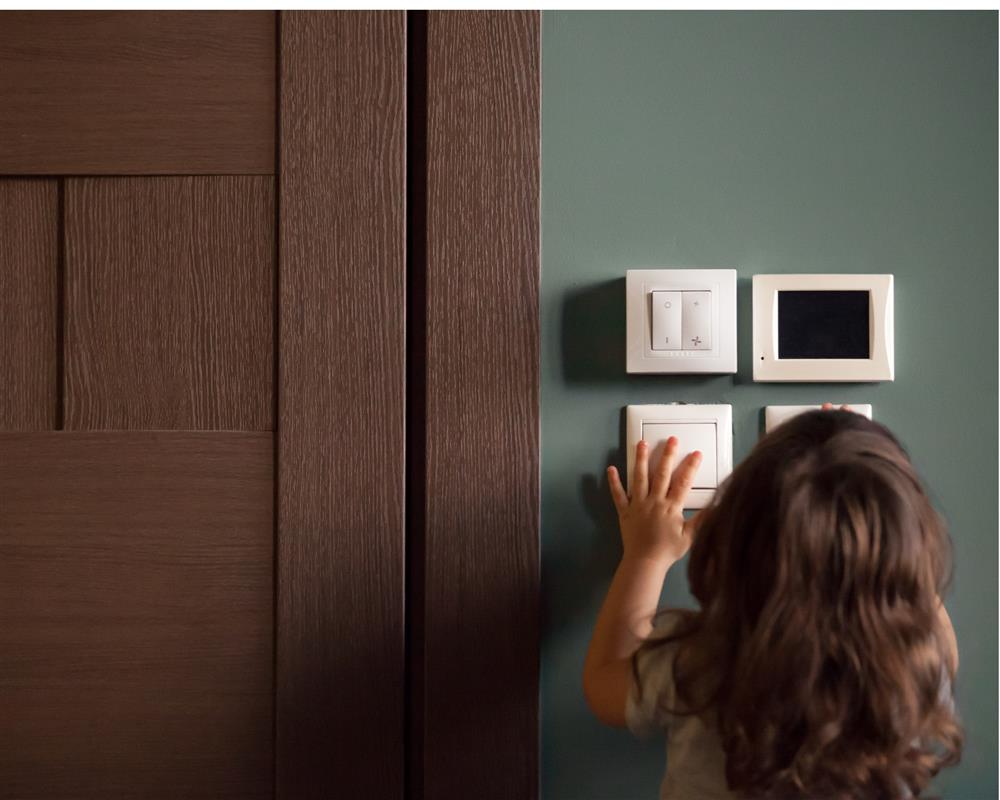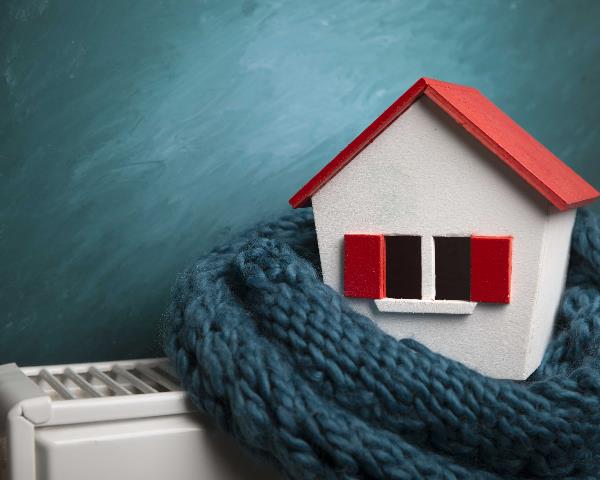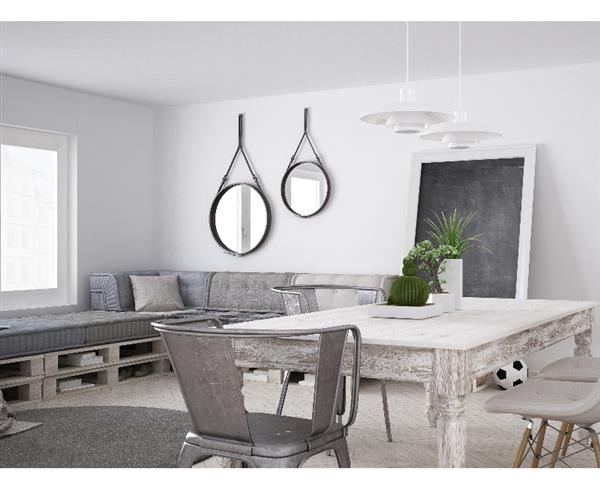
Who is Responsible for Maintenance in Rental Property - Landlord or Tenant?
By - Harry Meyburgh, Director at Etchells & Young
The issue of maintenance in a rental property is arguably one of the most contentious and one that leads to many disagreements between landlords, tenants and agents, often resulting in court cases or the lodging of complaints at the Rental Housing Tribunal. This is usually because of unsound reasoning and a lack of understanding of the legal principles around the maintenance responsibilities in a rental property. There are certainly many grey areas, but we will try to clarify.
The Rental Housing Act places an obligation on the landlord to provide the tenant with a dwelling that is in a ‘habitable’ condition. This means the property must be safe and suitable for living with specific reference to:
-
Adequate space;
-
Protection from the elements and other threats to health;
-
Physical safety of the tenant, the tenant’s household and visitors; and
-
A structurally sound building.
Furthermore the Landlord must ensure that the tenant enjoys undisturbed use of the property by maintaining the outside, incl. walls and roof, and the electrical, plumbing, sanitary, heating, ventilation, air conditioning and elevator systems (as applicable). And here is the BIG one – the Landlord must repair any damage or replace items caused by fair wear and tear (more about that coming up).
The Unfair Practice Regulations of the Rental Housing Act also stipulate that the Landlord must effect repairs for which he is responsible (as identified during inspections or on receipt of a notice from the tenant to do such repairs) – within 14 days or such further period as agreed between the landlord and tenant.
That makes sense right? After all, the Landlord is receiving money from the tenant to live in the property and therefore the tenant must be able to enjoy the benefits for which he is paying.
The other side of the coin is that the same Rental Housing Act also places certain obligations on the Tenant with regards to maintenance and specifies that the Tenant must maintain the property in a clean tidy and safe state of repair; use all electrical, plumbing, sanitary, heating, ventilating, air-conditioning and other facilities and appliances in a reasonable manner and refrain from intentionally or negligently damaging the property.
The Rental Housing Act goes on and stipulates that the tenant is also responsible to maintain replace or repair electrical globes, fittings and switches, water-borne taps, stoves, locks, handles and windows where such damage has not been due to natural causes as well as maintaining the swimming pool (if any) including but not limited to all pumps, hoses & accessories in good order and repair, subject to fair wear and tear. And of course maintaining the garden (if any) and keeping it neat and tidy.
That is quite a mouthful, but it makes sense too as the tenant is after all living in the property, using all these items on a daily basis and enjoying the benefit of being there.
Then the BIG one for tenants– to return the property in the same condition as the tenant received it, fair wear and tear excluded. (there it is again!) Remember that this also means that the property needs to be properly cleaned by the tenant before they leave. When cleaning we need to ask – is it clean enough that a new tenant coming is will be happy with the cleanliness of this property?
So, let’s look at FAIR WEAR and TEAR - it means the damage or loss to an item which happens as a result of ordinary use and exposure over time. Exposure refers to the effect of natural elements, such as sunlight and rain on the property, furniture or fittings. So, how do wear and tear item affect a tenant?
Marlon Shevelew, one of SA’s top Rental Property Lawyers and a renown Rental Expert explains: “To understand it better, a general rule of thumb is that if a tenant has damaged something that does not normally wear out, or the tenant has substantially shortened the life of something that does wear out, the tenant may be charged the pro-rated cost of the item. The landlord should take into account how old the item was and how long it may have lasted otherwise, as well as the cost of replacement.”
The landlord should not be unfairly enriched nor unfairly improve the condition of his property beyond what it was at the time that the tenant took occupation. As an example, if the inside of a property was last painted 4 years ago and the accepted life-span of a good coat of paint is 5 years, and the tenant damaged or dirtied one wall, the Landlord cannot repaint the entire property at the expense of the tenant. He should only charge the tenant for the repainting of the wall that was damaged /dirtied and then also take into account that he would reasonably have had to repaint the property within the next year himself anyway. He should therefore apply only a pro-rata cost, based on the 5 year life-span of the painting, for the repainting of that wall to the tenant.
Common Examples of Fair Wear and Tear:
-
Faded paint or wallpaper due to sunlight
-
Carpet wear caused by normal use
-
Furniture marks in carpet
-
Warped doors caused by age, temperature or moisture
-
Warped windows caused by the flow of the glass
-
Dents in walls from door handles
-
Broken appliances, if not from misuse
-
Faded curtains
-
Dirty grout.
-
Tarnish on bathroom fixtures.
-
Loose handles or doors on kitchen or bathroom cabinets
Common Examples of what is NOT Fair Wear and Tear:
-
Holes in the walls
-
Broken tiles or fixtures in bathrooms
-
Clogged Drains and Toilets due to misuse – flushing Pads, Nappies, etc.
-
Broken or chipped plaster on walls
-
Removing paint and repainting where the tenant painted a wall badly
-
Tears, holes or burn marks on carpets, curtains or wooden floors
-
Animal stains in the carpet caused by domestic animals or leaking fish tanks
-
Broken windows and window screens
-
Broken doors and locks
-
Broken appliances due to negligence
-
Excessive dirt in oven or on stove
-
Broken or missing window blinds
-
Flea and pest extermination
-
Excessive mildew and mould in bathroom
-
Excessively dirty bath, shower, sink, mirrors or toilet
-
Cracked kitchen or bathroom countertops.
A good lease agreement will include the obligations contained in the Rental Housing Act (which will apply even if they were not contained in the lease), but will also contain additional responsibilities that are fair, reasonable and practical.
How to avoid arguments and legal fights related to maintenance issues:
-
Educate yourself by knowing the relevant law and know what is required of you in terms of the lease that you signed, irrespective of if you are a Landlord or Tenant!
-
As a Tenant, report items that become defective as soon as you become aware of it, especially if it is an item that the Landlord is responsible for. Do not leave them until they become an emergency issue and then also your responsibility!
-
Landlords and Agents should conduct regular inspections of the property to identify any potential problems early on.
-
Do any required maintenance when it is required and convenient, don’t leave it until after the lease has ended.
-
Apply generous amounts of common sense and do what is right!
-
Make use of the services of a Professional Rental Management company to handle all issues fairly and correctly.


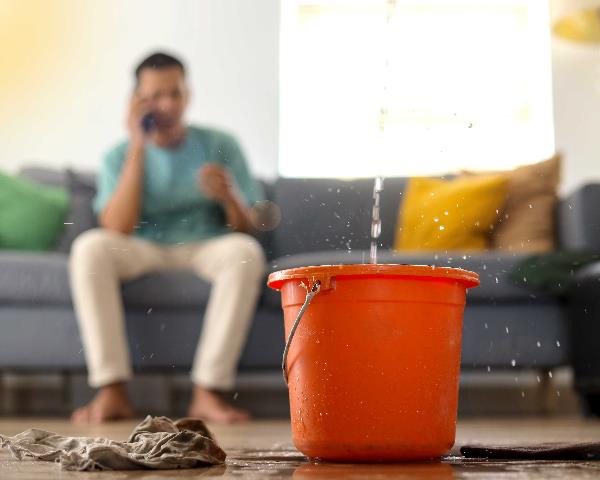




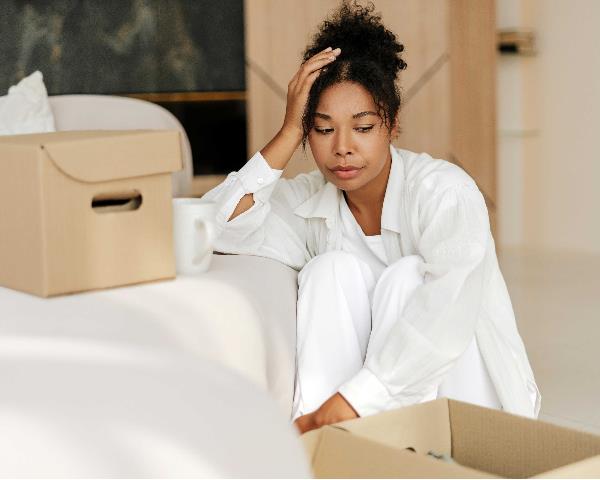











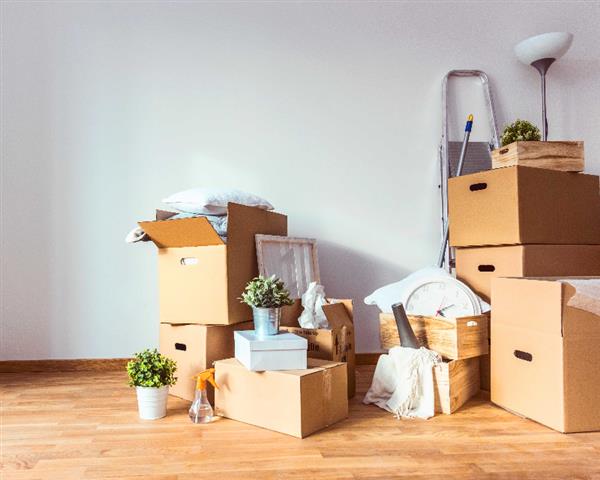








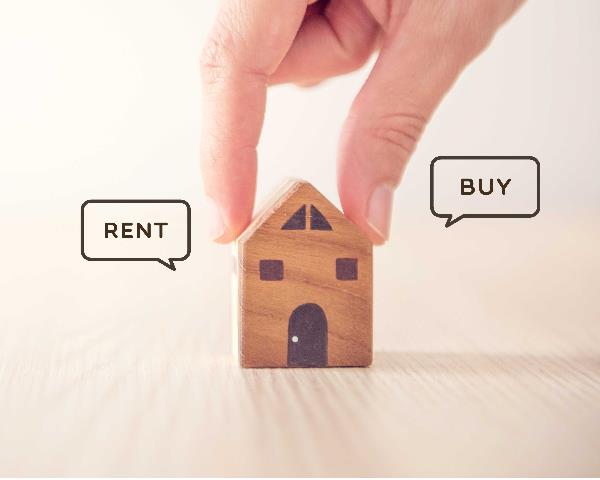
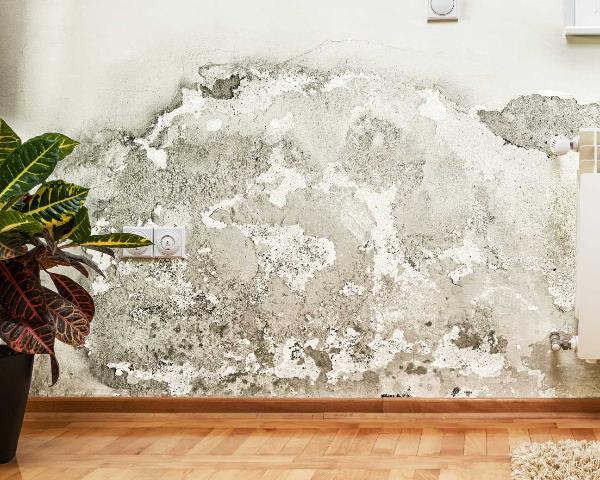




















![What is POPIA? [Part 1]](https://s3.entegral.net/news/Thumbnail_2021_10_18_11_53_39_403.jpeg)






